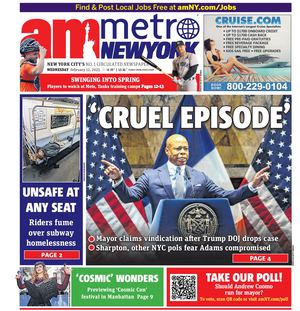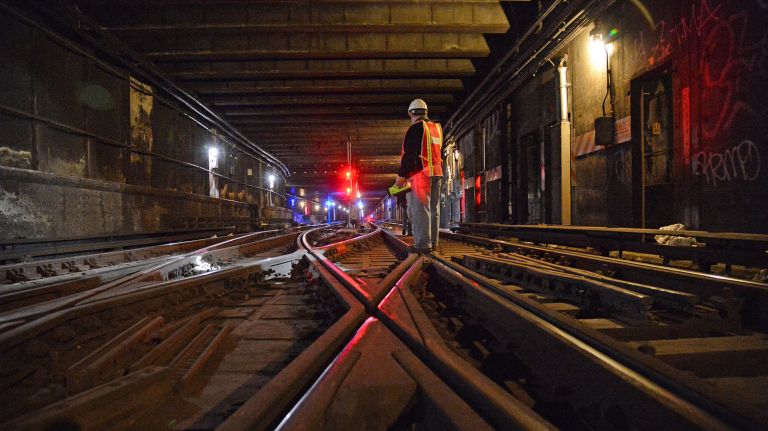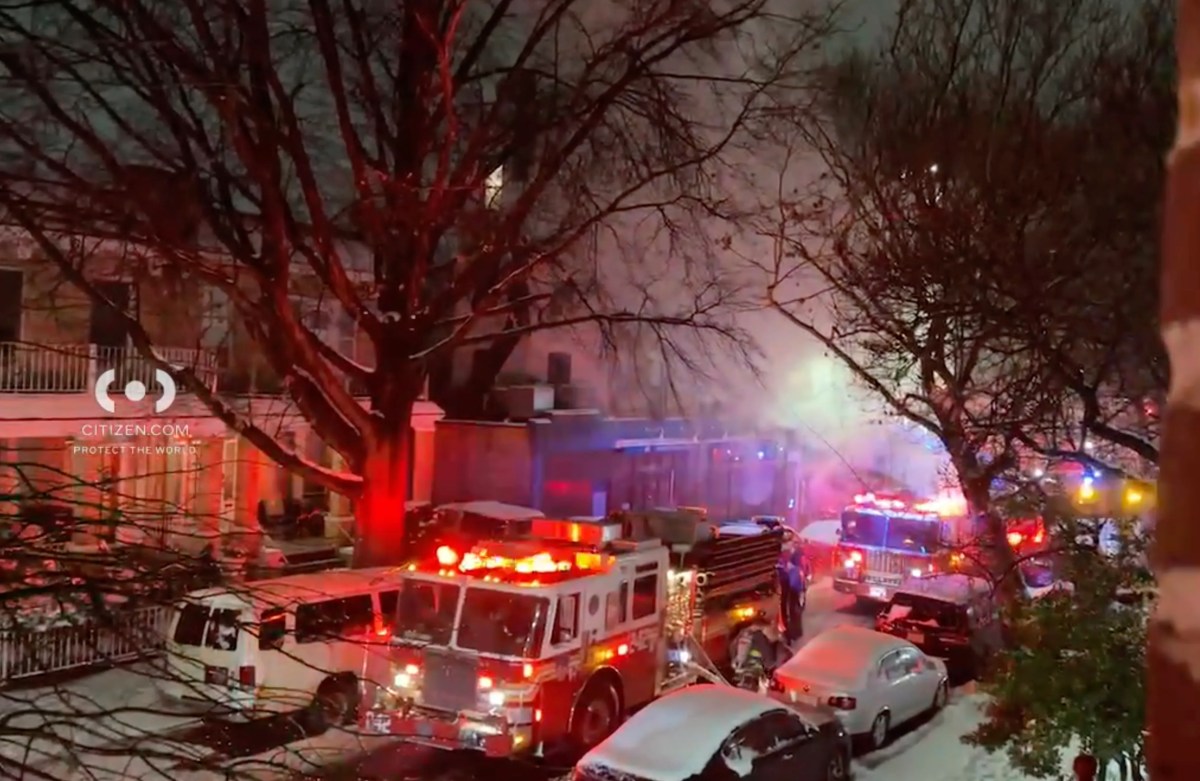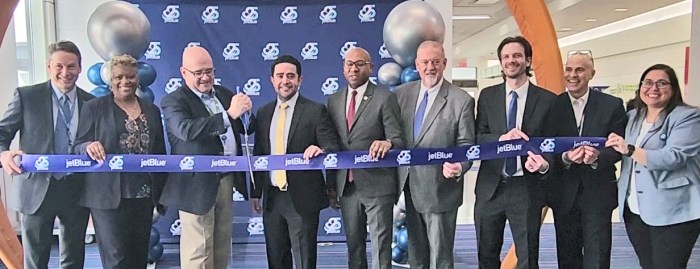Transit workers could be slated for raises.
Bus and subway workers would get a roughly 10% wage hike over the next four years under a tentative contract agreement between the MTA and their union, Transport Workers Union Local 100.
Union workers in exchange would pay higher co-pays for non-emergency room visits and non-generic medication, bringing $27 million in savings, according to details MTA officials announced Thursday
The union’s executive board approved the contract Thursday morning by a vote of 42-4 with three abstentions, according to union reps. The contract now must be ratified by TWU Local 100’s nearly 40,000 members.
“We had a real fight on our hands but transit workers stood together and we were able to secure a fair contract,” said Tony Utano, president of the union, in a statement. “Our Executive Board overwhelmingly approved the tentative agreement this morning. The American Arbitration Association will now conduct a ratification vote with members receiving ballots in the mail.”
Workers would receive a 2 percent increase for 2019; a 2.25 percent increase in 2020; a 2.5 percent increase in 2021; and a 2.75 percent increase in 2022.
“This contract reflects the hard work of thousands of Transit employees who have helped us reach the highest on-time subway performance in more than half a decade, while providing a fair deal for taxpayers and our more than eight million daily customers,” said MTA Chairman and CEO Patrick Foye in a statement.
Changes to the health care plan and worker availability under the contract together are expected to save the MTA $44 million a year. Through new terms, the union would commit to a 1.5-day improvement in employee availability, or the number of days workers must report to their posts.
But the offered wage increases are above the 2% raise that the authority had budgeted for, bringing a $90 million funding gap.
The MTA believes it will be able to close that gap with a variety of small savings in contract terms and improved operational efficiencies, according to MTA spokesman Tim Minton
Minton said the MTA expects to find “tens of millions” in savings through “efficiencies” via productivity, accessibility and safety initiatives. But if the savings are not found, the MTA could have to dip into its capital budget to offset the operating expenses, he said.
But budget watchdogs said they were concerned whether those savings would materialize. Maria Doulis, of the Citizens Budget Commission, said the contract made “minor steps, but fell short” of the more serious reforms needed to improve efficiency and control pensions–measures outlined in a CBC report from April. She added that efficiency goals must be closely monitored and benchmarked.
“This contract is really important because labor costs are the majority of the MTA’s budget and the TWU contract sets the pattern for all others,” Doulis said. “There was a huge opportunity here to put the MTA on firmer financial footing by settling a contract that would achieve big productivity savings–to save money in the budget but also improve service.”
The contract also addresses what workers have viewed as private-contractor encroachment on subway cleaning, according to the union. Union officials said the terms would allow for the MTA over a year to use contractors for “deep cleanings” at stations, but there would also be a “no-layoff” clause for union cleaners.
MTA officials reached an agreement on a new contract Wednesday, after months of a bitter back-and-forth between the two parties. Union workers have been without a contract since May.

































